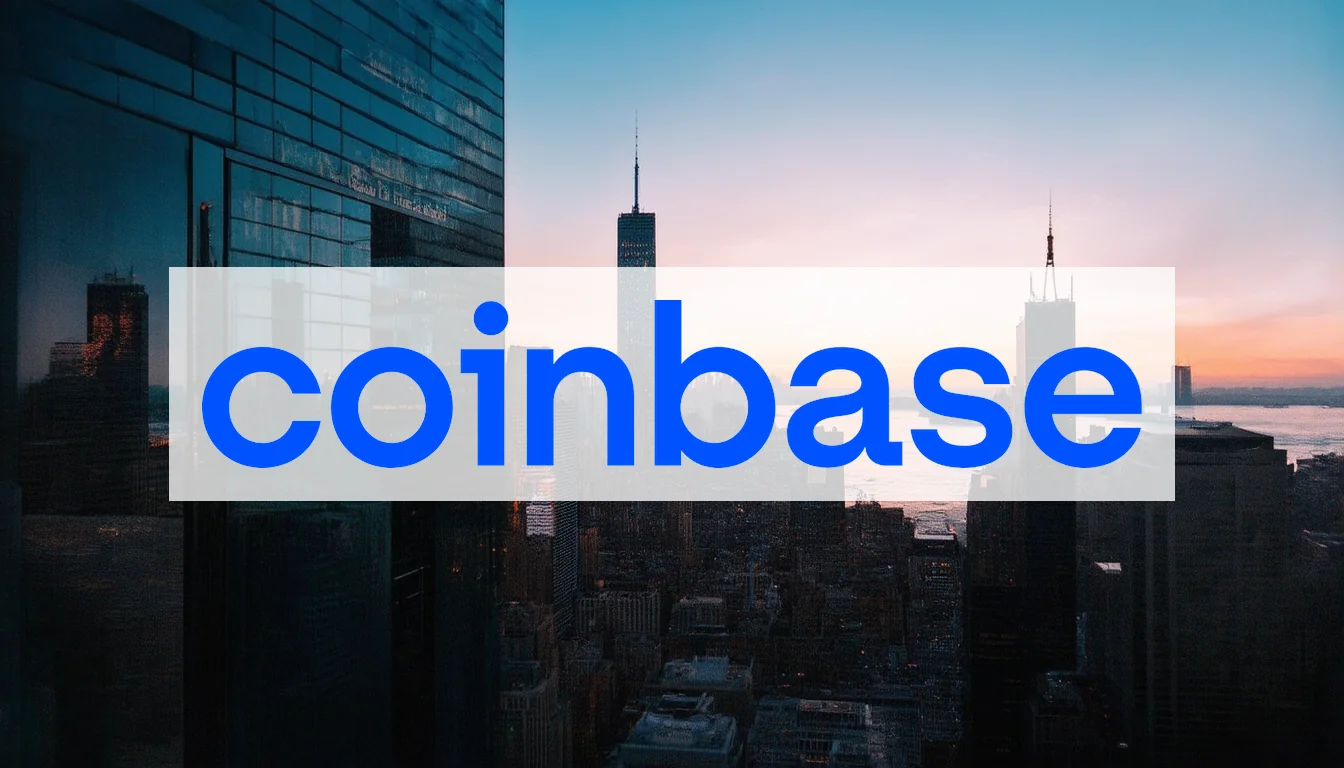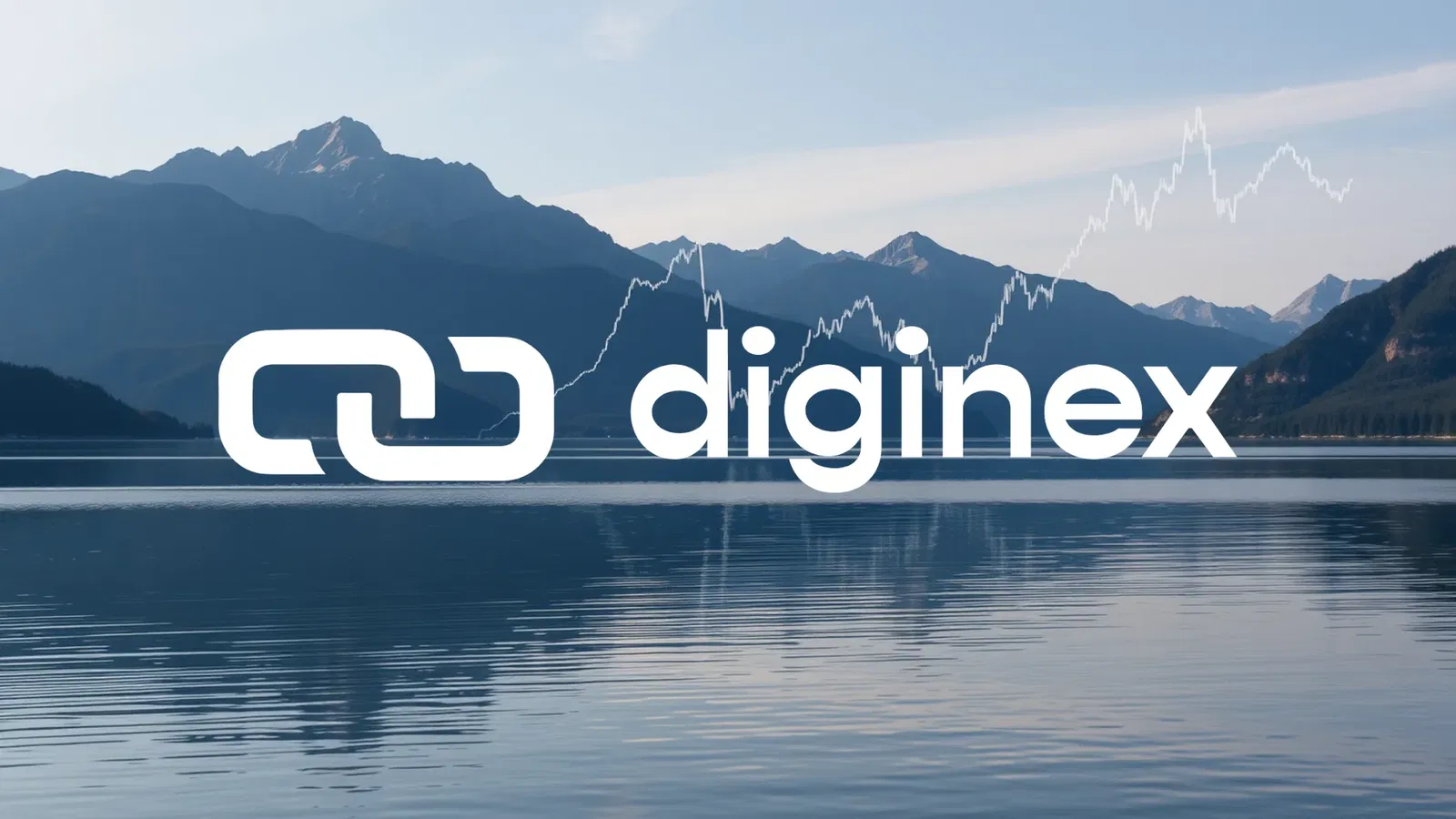Coinbase finds itself operating in dramatically different regulatory environments across its key markets. While achieving significant legislative progress in the United States, the cryptocurrency exchange faces mounting challenges in European jurisdictions, creating both opportunities and obstacles for its growth trajectory.
Strategic U.S. Regulatory Advancements
The U.S. government established a crucial regulatory framework for stablecoins through the GENIUS Act implementation in July 2025. This legislation mandates 100% reserve backing requirements while providing the regulatory certainty that digital asset companies have long sought. Coinbase stands to benefit substantially from these developments given its deep integration of USDC across its product ecosystem. The company reported a 13% increase in average USDC balances within its products during the second quarter, reaching $13.8 billion.
Expanding Ecosystem Through Key Partnerships
Beyond regulatory developments, Coinbase has been actively forging strategic relationships with established financial and e-commerce leaders. The integration of USDC payments via Coinbase’s Base network with Shopify represents a significant step toward mainstream cryptocurrency adoption in global commerce. Perhaps more notably, the expanded collaboration with PayPal enables Coinbase users to purchase PayPal USD stablecoin without fees and facilitates direct conversion to U.S. dollars.
International Regulatory Challenges Emerge
Contrasting with the U.S. regulatory progress, Coinbase encountered regulatory resistance in the United Kingdom. The Advertising Standards Authority (ASA) prohibited the company’s “Everything Is Fine” marketing campaign, citing insufficient risk disclosures and potentially misleading messaging. This regulatory action highlights the divergent approaches to cryptocurrency regulation developing across major international markets.
Should investors sell immediately? Or is it worth buying Coinbase?
Emerging Regulatory Concerns: Tokenized Securities
Additional regulatory challenges may be developing regarding tokenized equity products. Global financial regulators and exchange associations, including the World Federation of Exchanges, are advocating for stricter oversight of these instruments, citing investor protection concerns. For Coinbase, which has reportedly considered offering tokenized stock trading, increased regulatory scrutiny could potentially limit significant expansion opportunities in this area.
Strong Operational Performance Continues
Despite these regulatory complexities, Coinbase maintained robust operational results. The company generated $1.5 billion in revenue during the second quarter of 2025, with adjusted EBITDA reaching $512 million. Additionally, assets under custody on its institutional platform achieved record levels, demonstrating continued institutional adoption.
The central question remains whether the favorable U.S. regulatory developments will sufficiently offset the international regulatory pressures. Coming quarterly results will reveal how effectively Coinbase manages these contrasting regulatory environments across its global operations.
Ad
Coinbase Stock: Buy or Sell?! New Coinbase Analysis from February 7 delivers the answer:
The latest Coinbase figures speak for themselves: Urgent action needed for Coinbase investors. Is it worth buying or should you sell? Find out what to do now in the current free analysis from February 7.
Coinbase: Buy or sell? Read more here...













